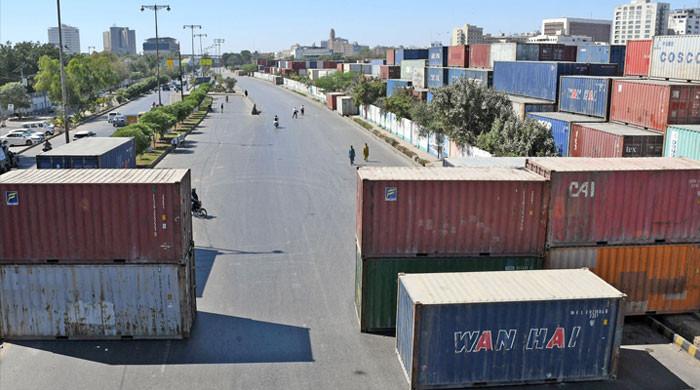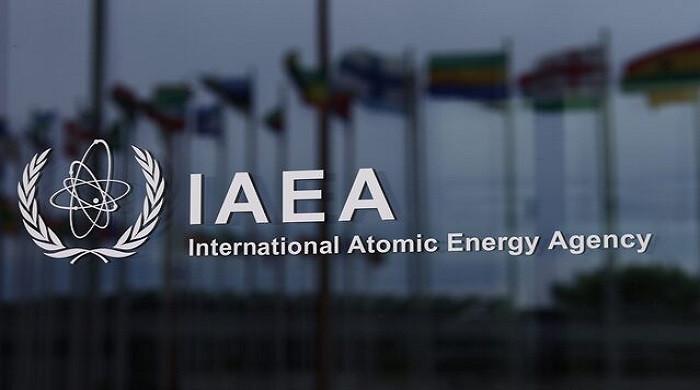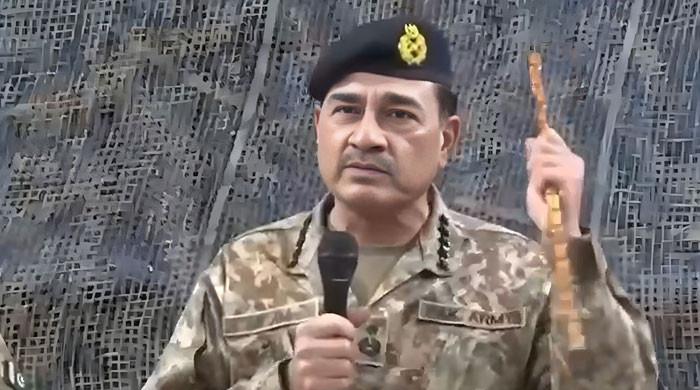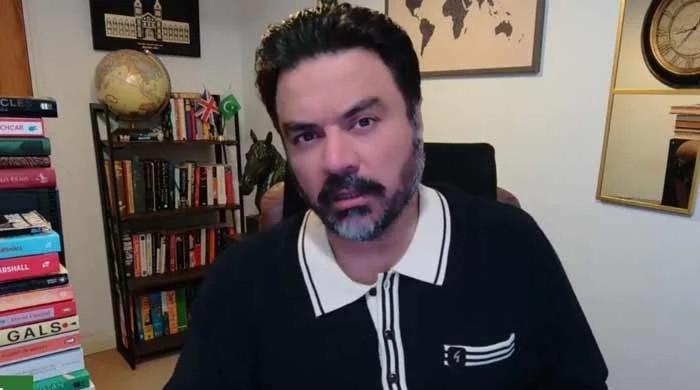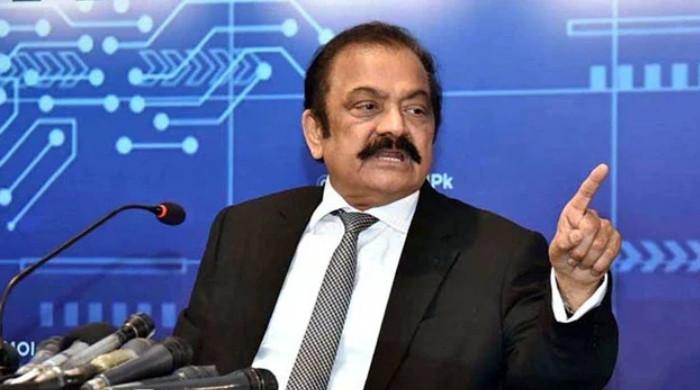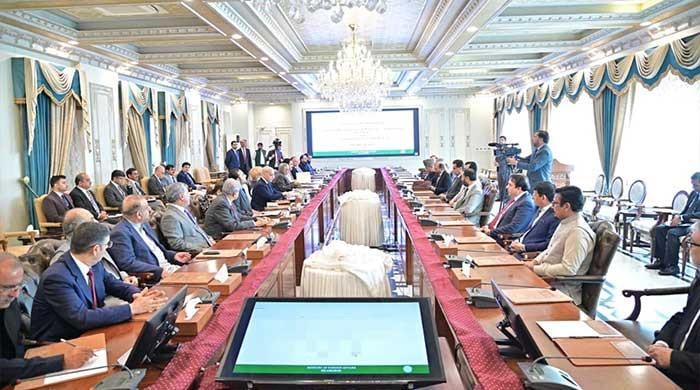Agent involved in illegal kidney sale in Lahore sent on physical remand
FIA demanded the court for his physical remand for interrogation
May 11, 2017
LAHORE: The agent of doctors accused of being involved in illegal kidney transplant, Abdul Hameed, was sent to the custody of Federal Investigation Agency on physical remand.
Hameed was presented in the court of Judicial Magistrate Farooq Azam on Thursday. During the hearing, the court was told Hameed was arrested on the information provided by Dr Fawad, who was arrested during raid at the illegal clinic being run in a private housing society in Lahore.
FIA demanded the physical remand of the accused for interrogation. The court accepted the request and allowed a three-day remand of the accused.
Hameed has been accused of facilitating Dr Fawad and Dr Altamash, by tricking foreigners with kidney issues into coming to Lahore.
A few days back, FIA arrested two Omani citizens for illegally buying kidneys.
Risky procedure
The illegal transplant of kidneys can get fatal more so because it disregards certain sensitive steps that can affect the person who is getting the kidney.
According to health experts, this is why there are laws that make illegal transplant of kidneys punishable. The law suggests only blood relatives can give kidneys to each other and in other cases in can only be donated.
Once taken out, the kidney can only be preserved for 72 hours, if not preserved properly, it can become useless within half an hour.
While talking to Geo News, a urologist, Professor Dr Riaz Ahmed Tasneem said kidney transplant is a matter of life and death for the person getting the organ, which is why there is a law in place that defines who can give the kidney and who cannot.
"There are two separate teams to prepare for the operation the person who is giving the kidney and the one receiving it," Tasneem said. "After the kidney is taken out the surgeon has half an hour within which what is called a safe procedure can be carried out."
Health experts say a medical officer should be taken on board for the procedure.






